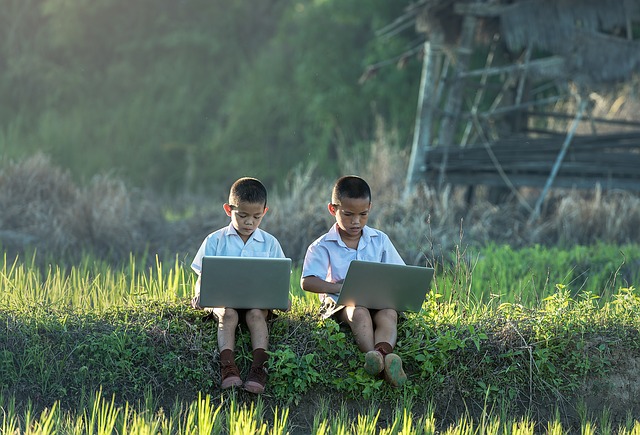How to keep your children safe from abusers
Many parents are concerned about the risk of their teenager becoming victim to an abuser either in-person or online. Leading child behaviour expert, Richard Daniel Curtis, explains some of the signs that parents need to watch out for and what they can do.
The stages of grooming:
The process of grooming a victim is not always a straight line, however there are stages that the relationship between abuser and victim will go through.
Identifying a potential victim
Abusers will often seek a victim who has some kind of void or gap in their lives. They may hang out online or in person watching and superficially joining in until they identify their potential victim(s). It’s sad to say that many abusers are already known to their victims, such as family friends or relatives.
Befriending
Abusers want to know that they can trust their victims to keep quiet, so will want to begin by getting to know their intended victim. They’ll bond with them, go the extra mile to ‘understand them’ like no one else does or become their best friend. They’ll often seek to impress their potential victim and fill the void their victim has, maybe by being their friend, or by being the person who understands them when no one else does.
Normalising
At this stage abusers will be seeking to normalise behaviours between them and the victim. They’ll use favours and share information (true or fictional) in return for more trust and loyalty from their victim. By normalising sexualised conversation, behaviour or image sharing for example, then it lowers the victim’s inhibitions about being involved in such acts in the future.
Using control
This is the stage where an abuser will test the ‘loyalty’ of their victim. They may encourage them to push against a parental boundary or family rule for example, or they may seek to obtain more explicit pictures. They’ll be wanting to isolate them in the future, so maybe they’ll start to plan secret meetings or reasons to be alone with their victim.
Abuse
This is the stage where sexual or physical abuse begins. For an abuser it’s important that they keep ongoing control and keep their victim ‘on side’.
Signs for parents to watch out for:
Your child becoming secretive about their technology use, switching screens when you come in the room for example.
A secret phone or tablet.
Sudden excessive messaging.
A lowering of their personal boundaries.
Unusual changes in behaviour.
Talking about friends they’ve never met.
Plans to meet online friends in person.
What parents can do:
Teach your teenager to be wary of strangers online.
Watch out for people trying to connect outside of chat rooms/games etc.
Stop and think before sending or posting any picture of themselves.
Be interested (without prying) in your child’s social life.
There is no substitute for having a trusting open relationship with your child. Don’t judge, be the ear that listens so that they come to you with their anxieties.
If you are concerned then dial 999 if you feel there is an immediate danger or visit www.ceop.police.uk.



